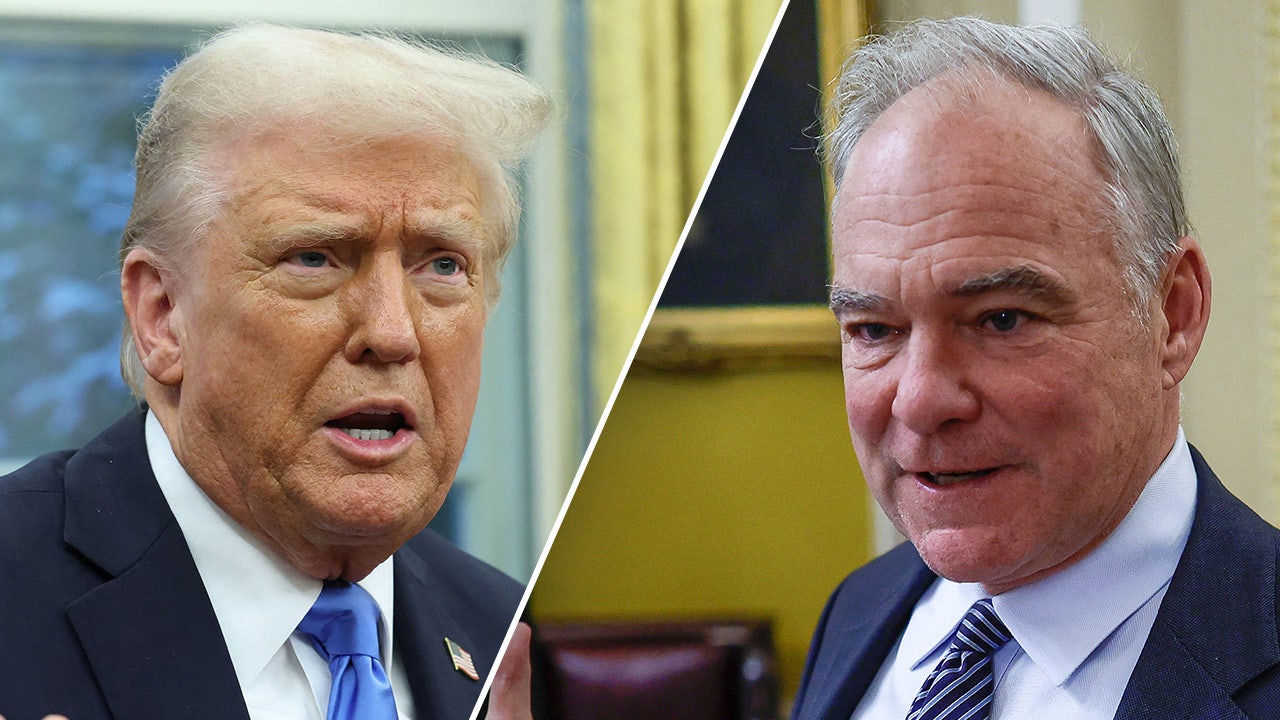Ceasefire strengthens case for congressional war powers debate, Dem senator says

Sen. Tim Kaine, D-Va., is moving forward with his war powers resolution despite the recent ceasefire between Israel and Iran. The ceasefire, though fragile, has held so far, prompting Kaine to argue that it provides an opportunity for a deliberate discussion on the resolution without the immediate pressure of military action.
Kaine’s resolution aims to check President Donald Trump’s power and reaffirm Congress’ constitutional authority to declare war. The debate over whether Trump’s recent strike on Iran constituted an act of war that required congressional approval has been a hot topic among lawmakers.
A similar bipartisan resolution in the House, co-sponsored by Rep. Thomas Massie, R-Ky., may be put on hold if the ceasefire continues. Massie stated that if the ceasefire becomes a truce and holds, they won’t press for a vote, emphasizing the importance of hearing from Iran and Israel to determine the necessity of congressional approval.
The resolution could be brought to the Senate floor by Friday, but its survival remains uncertain. Some lawmakers, like Sen. Ron Johnson, R-Wis., are prepared to vote it down. However, Senate Minority Whip Dick Durbin, D-Ill., supports Kaine’s approach, emphasizing the importance of upholding Congress’ authority under the Constitution.
The resolution has garnered support from both Democrats and some Republicans, signaling a bipartisan interest in addressing the balance of war powers between Congress and the White House. The ongoing debate underscores the need for a clear understanding of the constitutional framework governing military action.
In conclusion, Sen. Tim Kaine’s war powers resolution continues to be a point of contention in Congress, with lawmakers navigating the delicate balance of power between the executive and legislative branches. The ceasefire between Israel and Iran has added a new dimension to the debate, prompting a reevaluation of the resolution’s urgency in light of shifting geopolitical dynamics. As the Senate prepares to vote on the resolution, the outcome remains uncertain, highlighting the complex nature of war powers and congressional oversight in American governance.




